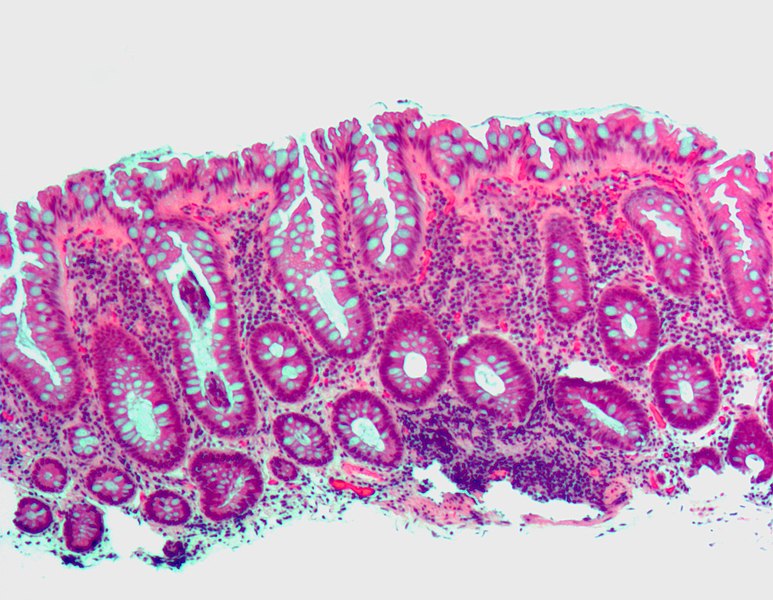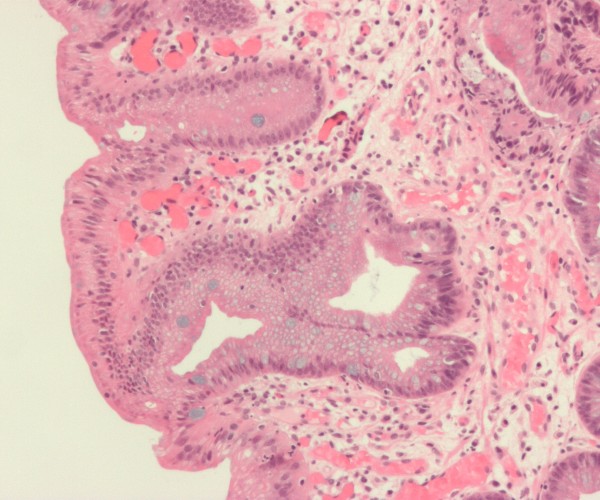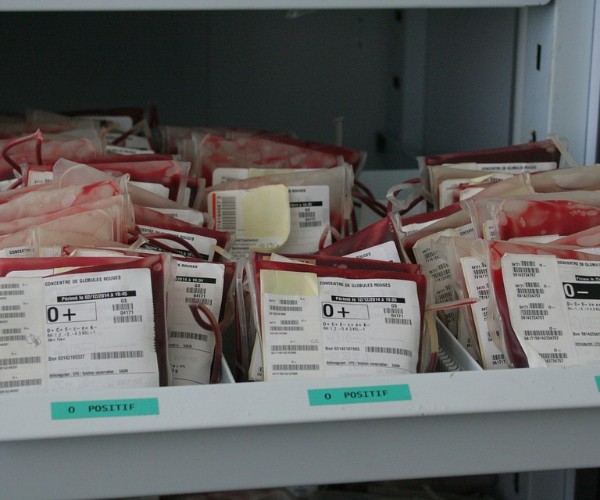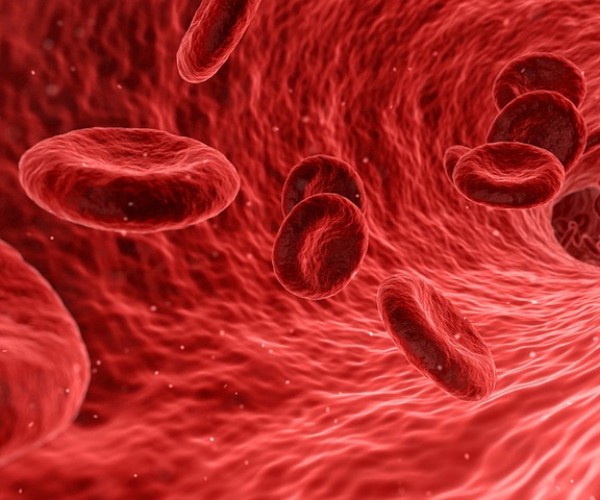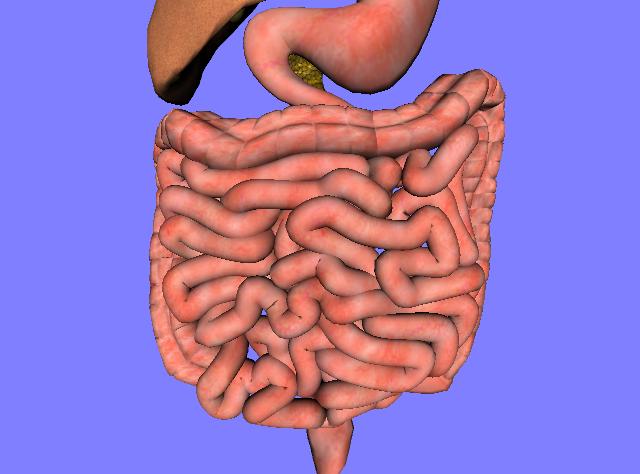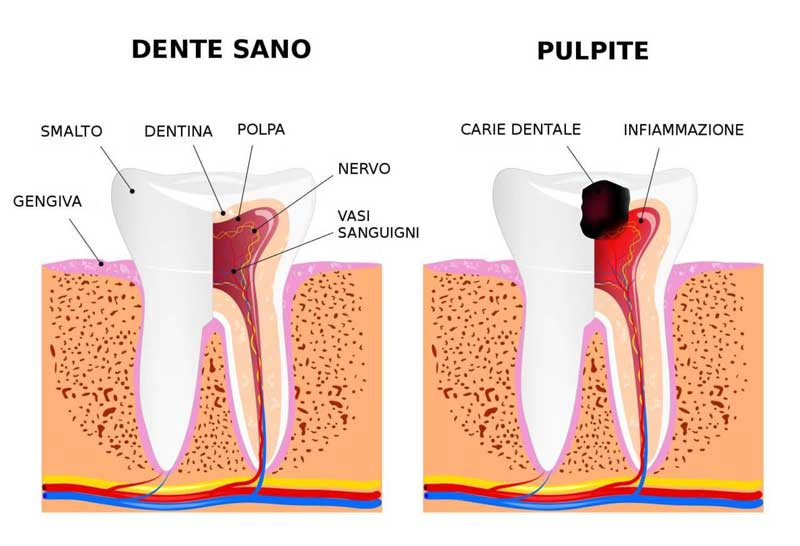In 2013, theAmerican Medical Association (AMA) declared obesity a disease, requiring a range of interventions to promote its prevention and treatment.
Five years later, U.S. health care professionals are still not fully aware of this, the surprising results of a survey conducted for Medscape, the well-known medical portal, reveal.
When asked whether obesity should be considered a disease, only 57 percent of respondents answered in the affirmative, and more than one-third of health professionals do not consider it a disease state, a percentage that is even higher among primary care physicians.
According to experts, the persistence of this belief is an obstacle in finally addressing a situation that is reaching pandemic proportions. “It’s time for us to recognize obesity as a disease, ” says endocrinologist Akshay Jain. Until we medical professionals take obesity seriously, we will be ineffective in treating its biopsychosocial and economic consequences. Defining obesity as a disease is the first step toward objectively assessing the factors that cause it and its prevention and treatment.”. There are several reasons why obesity is to be considered a disease: first, it is associated with impaired body function; second, it results from the dysfunction of a complex system of physiological regulation, fostered by multiple factors particularly present in today’s societies.
Finally, it should not be forgotten that obesity causes, worsens, or accelerates more than 160 comorbid conditions that arise as metabolic, structural, inflammatory, degenerative, neoplastic, or psychological complications of obesity itself, significantly affect the quality of life and also its duration.
So that the misconception that obesity is simply a choice can be overcome, the American Association of Clinical Endocrinologists has proposed to change its name and rename it as “chronic adipose disease,” so that it is readily recognized as a real health threat and not just a cosmetic problem.















